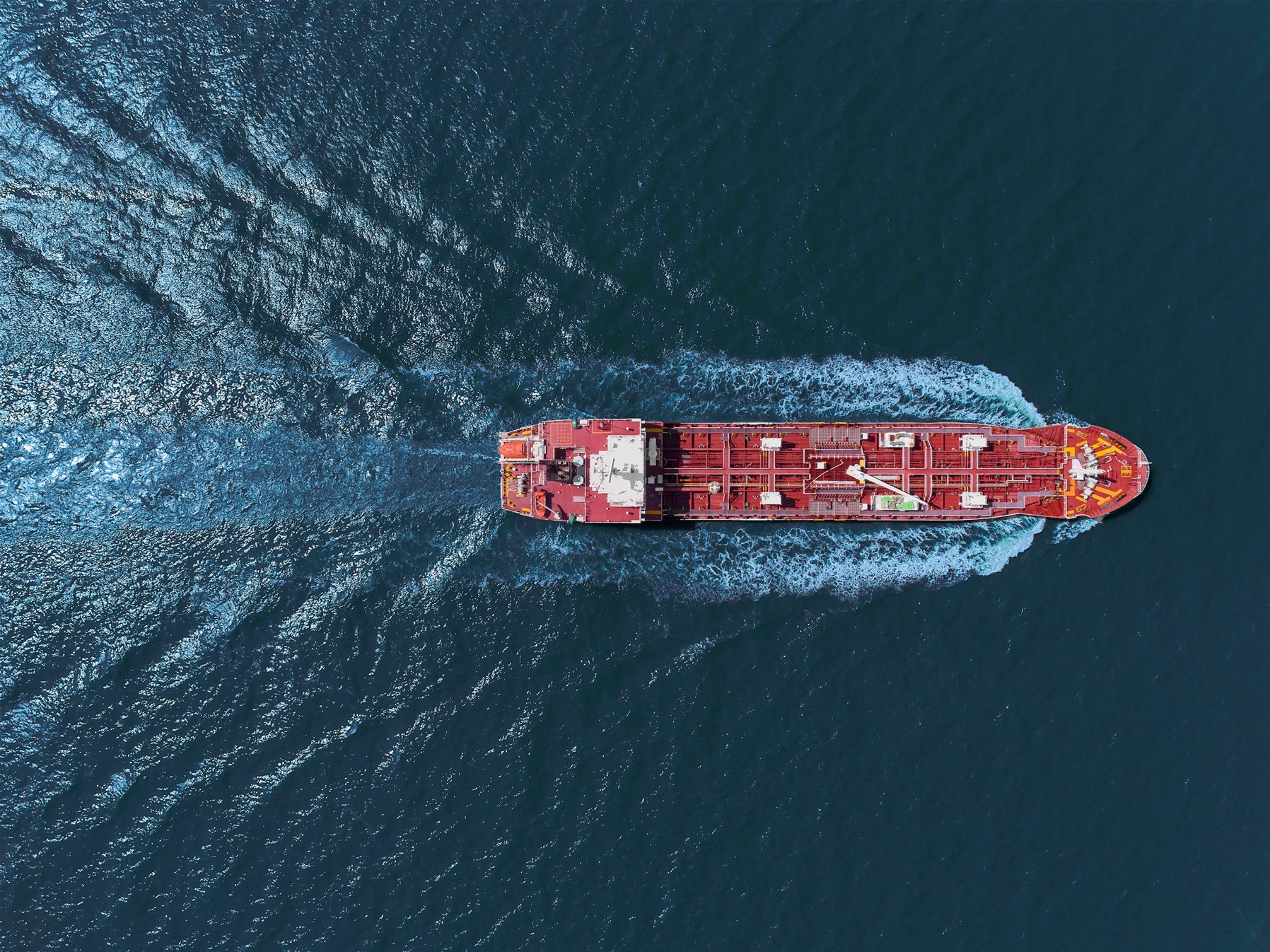Marine Services

VESSEL GENERAL PERMIT (VGP) COMPLIANCE
VESSEL GENERAL PERMIT (VGP) COMPLIANCE
As of December 2013, all commercial vessels greater than 79 feet in length and sailing in the US waters need to comply with the Vessel General Permit (VGP) rules as issued by the Environmental Protection Agency (EPA). A monitoring plan should be established for Companies to be able to provide analysis results on chemical and biological indicators on vessel’s effluents:
- Ballast Water: Vessels that operate a BWMS in waters subject to the VGP must collect and analyze treated Ballast Water samples for selected biological indicator organisms in specified intervals as per VGP section 2.2.3. See “Effluent Monitoring as per Vessel General Permit (VGP)”.
- EGS Washwater: Vessels equipped with wet EGS which discharge in U.S. waters must submit analysis results for EGS Washwater once per year (2 for the first year). The 2021 Guidelines for Exhaust Gas Cleaning Systems have been adopted on November 26th by MEPC. 340(77). Administrations should invite the collection of analysis data regarding the contents of the EGCS discharge in view of developing an initial guidance for implementing EGCS designs. Sampling should be conducted during approval testing or shortly after commissioning and on about 12-month intervals.
- Bilgewater: Vessels constructed on or after December 19, 2013 and > 400GT must analyze Bilgewater once per year (waiver may be granted after 2 years).
- Graywater: Vessels constructed on or after December 19, 2013 with crew capacity > 15 and overnight accommodations; or vessel operating in Great Lakes must analyze Graywater twice a year.
We offer integrated solutions for sampling and analysis services for VGP in accordance with 40 CRF 136.3.
We can support all concerning parties providing fully featured services regarding sampling procedures, equipment, sample transportation and analysis in accredited with ISO 17025 Laboratories.
Please do not hesitate to contact us here.
Navigate quickly to the site


